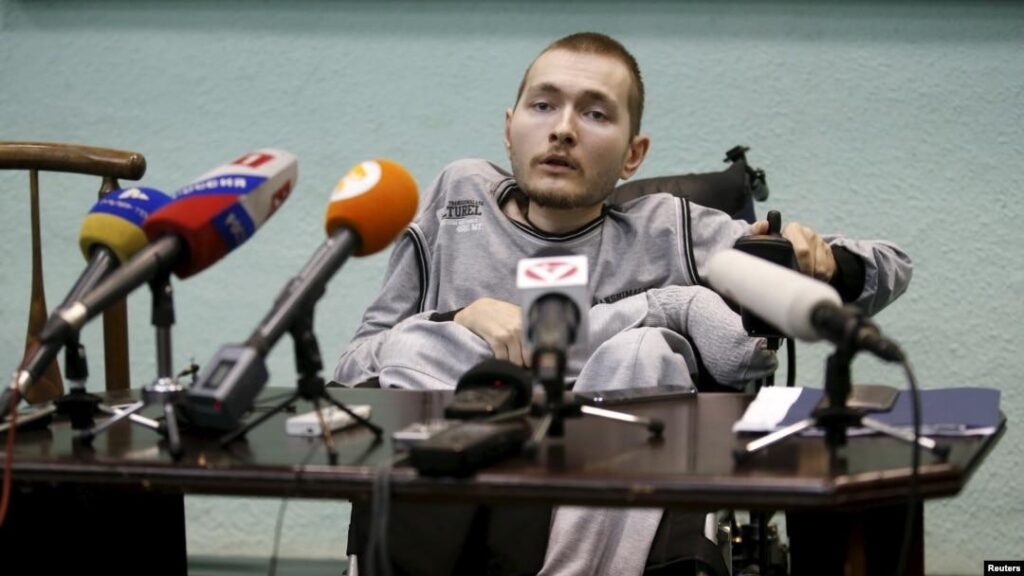In recent years, the concept of human head transplants has shifted from the realm of science fiction to serious scientific discussion, sparking intense debate across medical, ethical, and legal arenas. Once dismissed as an impossible feat, advances in surgical techniques and neuroscience have brought the idea tantalizingly closer to reality. However, the scientific challenges remain immense, and the ethical questions even more complex. This article explores the current state of human head transplant research, the hurdles scientists face, and why the broader implications continue to provoke controversy-highlighting a frontier where cutting-edge science meets profound moral uncertainty.
The Scientific Challenges Behind Human Head Transplants
The primary scientific obstacle centers on the seamless reconnection of the spinal cord, a feat that remains elusive despite decades of research. Neurosurgeons must ensure that billions of nerve fibers realign perfectly to restore voluntary motor function and sensory transmission between the transplanted head and the recipient body. Additionally, the immune system poses a formidable challenge; preventing rejection involves complex immunosuppressive regimes that increase vulnerability to infections and other complications. Beyond neural and immunological hurdles, surgeons must also address the intricate vascular connections to guarantee uninterrupted blood flow to the brain, which is critical during the delicate transplantation process.
Researchers face a myriad of technical tasks that extend beyond reconnection, including:
- Maintaining brain viability: Keeping the brain oxygenated without interruption during surgery.
- Regenerating peripheral nerves: Encouraging regrowth at peripheral junctions for restored function.
- Synchronizing endocrine and autonomic systems: Ensuring hormonal balance and autonomic regulation post-transplant.
| Challenge | Status | Estimated Time to Resolution |
|---|---|---|
| Spinal cord reconnection | Experimental | 10+ years |
| Immune rejection mitigation | Ongoing research | 5-7 years |
| Vascular anastomosis | Established | Already achievable |
| Neural regeneration | In progress | 7-10 years |
Ethical Dilemmas Facing Medical Practitioners and Society
The prospect of human head transplants immediately raises complex questions that stretch beyond medical feasibility into profound ethical territory. Chief among these is the issue of identity and personhood: if an individual’s head is transplanted onto a different body, who is the resulting person? This quandary challenges legal definitions and the fundamental understanding of self. Additionally, the risks involved-including immune rejection, psychological trauma, and the potential for severe complications-pose serious concerns about consent and the morality of subjecting patients to experimental procedures with uncertain outcomes. Critics argue that medical resources might be better allocated to less radical, more proven treatments.
Society must also grapple with the implications for social justice and accessibility. If head transplants become viable, who will have access to such cutting-edge-and undoubtedly costly-interventions? The potential for exacerbating existing inequalities is stark, as only the wealthy might afford such procedures. Moreover, the ethics of donor body sourcing raise questions regarding autonomy and exploitation. The debate is further complicated by the prospect of altering family dynamics and psychological well-being, factors that must be weighed carefully alongside scientific progress.
- Identity and legal status: Determining who the “person” is after transplantation
- Consent challenges: Ensuring fully informed and voluntary participation
- Resource allocation: Balancing experimental treatment versus established care
- Access inequality: Potential social and economic divides
- Donor ethics: Fairness and consent in body donation
| Ethical Issue | Key Concern | Potential Impact |
|---|---|---|
| Identity | Who is the “new” individual? | Legal & psychological uncertainty |
| Consent | Understanding and agreeing to risks | Informed autonomy or exploitation |
| Access | Who benefits from the procedure? | Social inequality intensification |
| Donor Rights | Ethical procurement of body | Respect for human dignity |
- Consent Challenges: Emphasizes the need for fully informed and voluntary consent given the high risks involved, including immune rejection and psychological trauma, highlighting the potential for exploitation.
- Resource Allocation: Discusses the morality of dedicating medical resources to highly experimental procedures with uncertain outcomes versus established treatments.
- Access Inequality: Points to the risk that only wealthy individuals might afford such costly interventions, potentially exacerbating social and economic disparities.
- Donor Ethics: Underlines concerns around the autonomy and fairness in obtaining donor bodies, ensuring respect for human dignity.
The section includes both a bulleted list and a table summarizing these key ethical issues, their central concerns, and potential impacts.
Balancing Innovation and Morality Recommendations for Moving Forward
As the frontier of human head transplant research progresses, it becomes imperative to strike a delicate equilibrium between groundbreaking innovation and stringent ethical considerations. This balance can only be achieved through inclusive dialogue, involving scientists, ethicists, policymakers, and the public alike. Transparent oversight mechanisms and robust ethical frameworks must be established to govern experiments and clinical trials, ensuring that patient welfare remains paramount. Without clear standards, the risk of exploitation, psychological trauma, and unforeseen medical complications could overshadow scientific gains.
Practical recommendations for advancing responsibly include:
- Implementing independent review boards focusing on long-term psychological and social impacts
- Mandating comprehensive informed consent processes that address both physical and identity-related risks
- Encouraging multidisciplinary collaboration to anticipate unforeseen ethical dilemmas
- Developing international guidelines to prevent ethical “forum shopping” and maintain global accountability
These strategies will serve not only to protect the individuals directly involved but also to uphold the integrity of medical research at large.
To Conclude
As the science of human head transplants edges forward, it remains ensnared in a complex web of ethical dilemmas and technical challenges. While recent experimental advancements hint at possibilities once relegated to science fiction, the medical community continues to grapple with questions of identity, consent, and long-term viability. Ultimately, the path ahead will require not only scientific breakthroughs but also rigorous ethical scrutiny to determine whether the profound risks and moral uncertainties outweigh the potential benefits. For now, human head transplants remain a controversial frontier-one that forces society to confront fundamental questions about the essence of life and human dignity.
